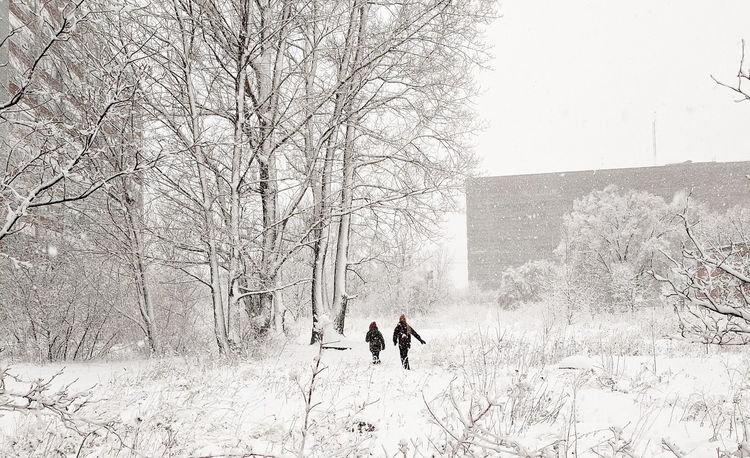Catching Conversations

Managing COVID-19 Anxieties at Home
How are the youngest members of our families coping with COVID-19? Children are processing this pandemic with or without our help, so let’s do our best to guide them gently. Because, if we’re honest, these haven’t been the smoothest days.
Here are a few ways parents can discuss the virus with children and some tips to help them cope with life in a pandemic.
Explain the basics, leave out the specifics
To explain a pandemic, try this: “There is a sickness going around the whole world, and many people are becoming ill.”
Depending on their age and maturity, you may add, “Some people can even die of this sickness, though almost never children.”
To explain social distancing, try this: “Because this sickness can be easily passed from person to person, it’s important to stay home and away from people who aren’t in our family. Because we love grandma and grandpa and want to protect them, we can’t see them right now.”
Your child doesn’t need to know where the virus originated or what you think of the government’s public health measures. They will feel empowered by understanding why so many things are changing. Spare them the politics and statistics, though.
Get creative with social distancing
Though your children are with you, they will naturally miss the other people in their lives. If your children have regular time with extended relatives or friends, try a window visit. Video-chatting is an option when that’s not possible, but screen-fatigue can become an issue with so many activities moved online. Letter-writing, phone calls, and sending your child’s drawings to friends and family are good alternatives.
Before leaving the house, give kids lots of reminders about keeping a safe distance from others. Make a game of it, so they don’t feel they’re being punished when you correct them. If you’re not sure your children can handle safe social distancing, keep them in a carrier or stroller when you leave the house.
Establish a Routine
Children thrive on routine, and the coronavirus has upended all our schedules. Your child may be used to leaving early in the morning for daycare or school, and most children are used to meals at a fairly regular time. As chaotic as things may feel, try your best to keep those routines for your little ones. Even simple things like getting dressed in the morning can establish the stability children crave.
They likely can’t verbalize these needs, so don’t wait for your child to tell you they miss their old snack or bedtime. Just like adults, children are creatures of habit.
Expressing disappointment and staying positive
They miss their grandparents, want to swim at the public pool and wonder why family vacation is cancelled. Every child handles these things differently, and some are too young to notice, but when you share disappointing news with your child, be sure to model how to express yourself.
When sharing COVID-related cancellations, try this: “Do you miss swimming lessons? They were really fun, weren’t they? It’s normal to be sad when our favourite activities are over.”
It’s also essential to help kids see the bright side. There are many reasons to be hopeful and thankful, even in a pandemic! As you share the bad news, include an optimistic note for the future: “You won’t be going back to school until after the summer, but you’ll see all of your friends and your teacher then. I’ll bet your friends will be so happy to see you!”





Member discussion